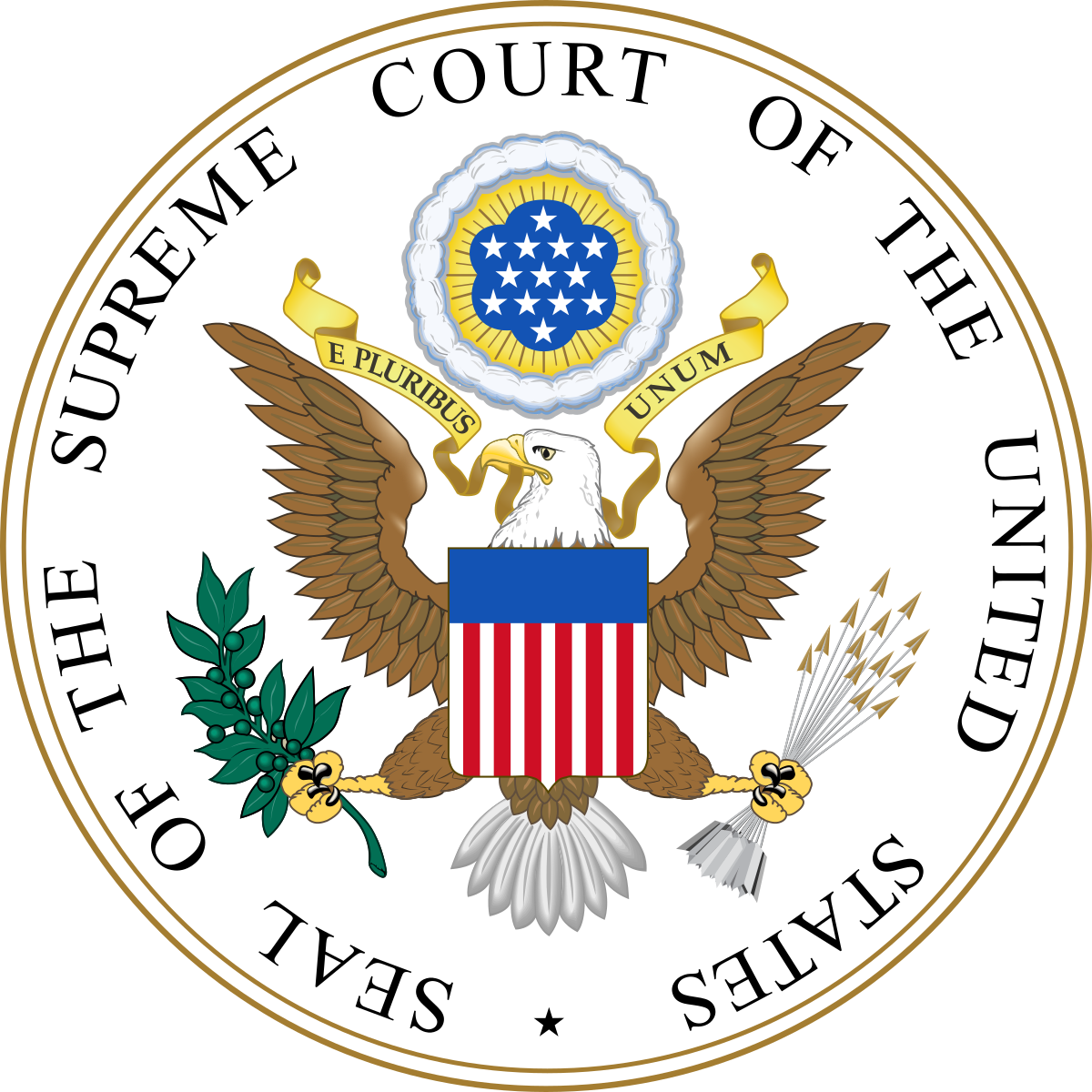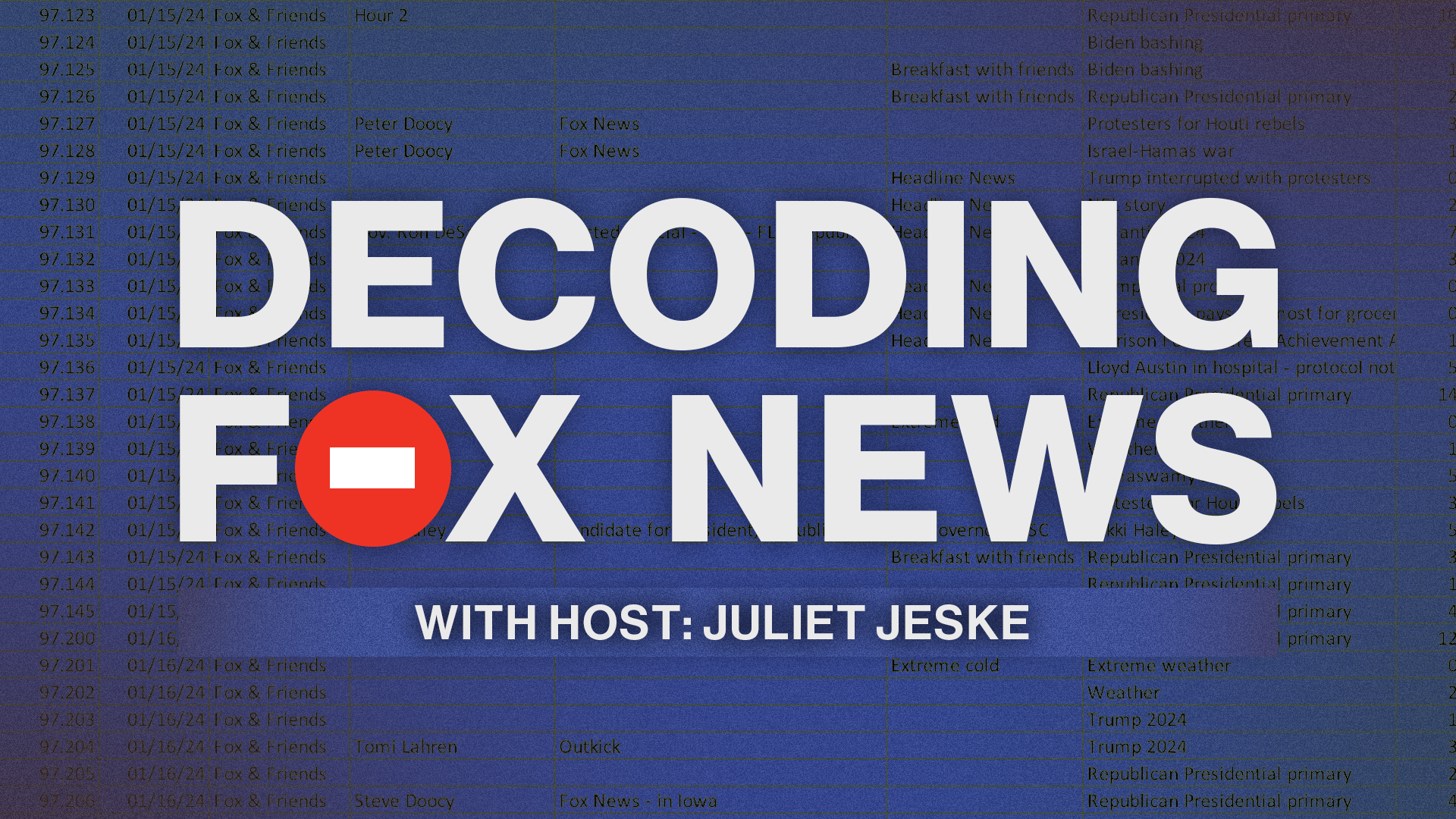By Brian Daitzman
The 2024 United States presidential election stands as a pivotal moment in American history, with profound implications for the future of liberty and the integrity of democratic institutions. The Supreme Court's decision in Trump v. United States has dramatically expanded the powers of the presidency, placing the American president beyond the reach of the law in a way the Founders never envisioned. This ruling effectively transforms the presidency into an elected kingship, where a president can wield state powers to enact retribution and destruction without legal censure. In the hands of an unscrupulous individual, the presidency could quickly devolve into a totalitarian position, with the president utilizing the surveillance capabilities of security agencies to monitor and judge the loyalty of all Americans.
While these concerns may seem outlandish, this decision, coupled with Trump's character, past behavior, and the actions of his associates, shows that they are not unfounded. If anything, these concerns may underestimate the serious dangers ahead if someone of Trump's character becomes President of the United States, with Trump v. United States remaining the law of the land. Given this decision and the election, we must examine how a Trump presidency could operate under the rules laid out in Trump v. United States.
Former President Trump has a history of exploiting legal loopholes. He might argue that any criminal acts he commits are official, using the presumption of immunity to his advantage. This could allow him to act first, while legal decisions take years. Given his age and the current political landscape, this poses immediate dangers.
The Supreme Court's focus on distinguishing official from unofficial acts partially obscures broader issues. One key concern is that presidents can intentionally engage in 'unofficial acts' by laundering these activities through official presidential actions, thereby entitling themselves to complete immunity.
Presidents can funnel unofficial acts through official processes, transforming clearly criminal behavior into actions protected by presidential authority. This laundering process allows presidents to mask illicit activities as part of their official duties, thus granting them immunity from prosecution.
Initially, all presidential acts are presumed to be official. The burden of proof falls on the government to demonstrate otherwise, a process that can take years. This presumption protects presidents from immediate legal challenges, allowing potentially criminal actions to remain unaddressed for extended periods.
If, after what would likely be years of litigation, Trump or another president is indicted, they can then pardon themselves. In Trump v. United States, Chief Justice Roberts re-stated that presidential pardons are unreviewable by Congress and the courts. He made this assertion despite Trump's pardon of co-conspirators and allegations that he was selling pardons at the end of his presidency. This implies that a president could potentially pardon themselves for any crimes, including those deemed unofficial.
This effectively places the president above the law, as they can pardon themselves for any criminal acts, whether official or unofficial. This lack of accountability undermines the principles of justice and the rule of law, allowing the president to operate with impunity.
This analysis is based on a hypothetical scenario discussed during arguments at the D.C. Circuit Court of Appeals and the Supreme Court. Judge Florence Pan asked Trump’s lawyer, John Sauer, if a president could order SEAL Team 6 to assassinate a political rival and still be immune from prosecution. This hypothetical was used to challenge the extent of presidential immunity being claimed by Trump’s legal team. Here’s how Trump could potentially exploit this situation to evade prosecution.
Trump decides, for whatever reason, that he wants to murder certain members of Congress. He calls his Secretary of Defense and claims these assassinations are in the national security interest, arguing that these lawmakers are colluding with terrorists and pose a danger to national security.
Although Trump is lying, he has effectively laundered an act that would typically be considered unofficial through the White House's official machinery. By framing this act as a national security imperative, he transforms it into an official duty. This manipulation allows Trump to shield the act from immediate legal scrutiny by leveraging the presumption of presidential immunity.
In this scenario, the act of murder, which is unequivocally criminal, becomes cloaked in the guise of national security. The presumption of official acts, combined with the unreviewable pardon power, would significantly complicate any efforts to hold the president accountable. This demonstrates the profound implications of how presidential powers can be exploited to protect fundamentally unlawful actions.
The members of Congress are murdered. Congress appoints a special counsel who begins an investigation, which may take years to complete. Before the investigation can progress, Trump goes to court and asserts that the presumption is that these murders are official acts.
This legal battle plays out over years, with many appeals that could go from the Supreme Court back to the district court. During this time, Trump continues to launder unofficial acts into official acts through a process that turns unofficial acts and crimes into presidential powers.
After years of prolonged litigation, the special counsel successfully demonstrates that Trump's actions were unofficial acts, thus there is no immunity. In response, Trump preemptively pardons everyone involved, including himself. The Supreme Court reaffirmed in Trump v. United States that courts and Congress cannot review presidential pardons. This decision solidifies the unreviewable nature of Trump's pardons, even those of his co-conspirators and allies involved in his various criminal schemes.
Angry and seeking retaliation against the special counsel for embarrassing him, Trump requests the Secretary of Defense to detain the prosecutors incommunicado, accusing them of collaborating with overseas terrorists without any proof. The investigators are now arrested under these false pretenses. With the investigators detained and Trump’s unchecked power solidified, he effectively becomes above the law, operating with impunity. At this point, who will step forward to hold him accountable? Given that he has gotten away with murdering members of Congress and kidnapping a U.S. special counsel, who would step up here?
This hypothetical scenario demonstrates the severe risks and potential abuses of presidential power. By laundering unofficial acts through official channels, exploiting the presumption of immunity, using preemptive pardons, and retaliating against legal authorities, a president can evade prosecution and undermine democratic governance. This unchecked power threatens the rule of law and poses a dire risk to the integrity of the nation’s democratic institutions.











